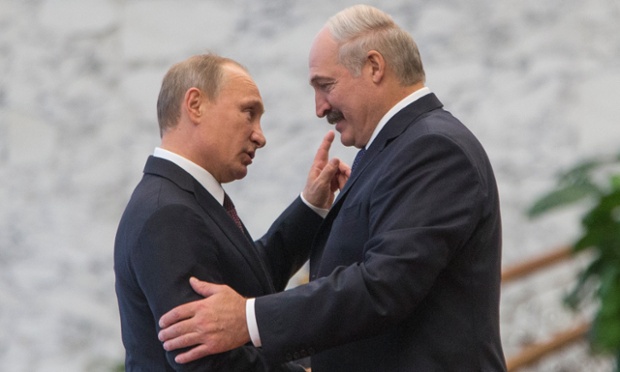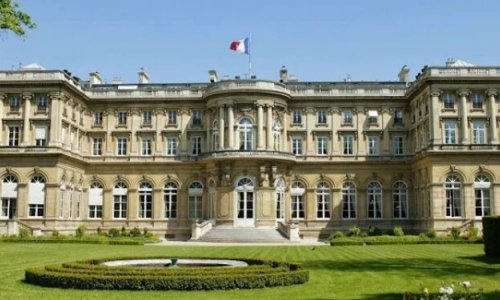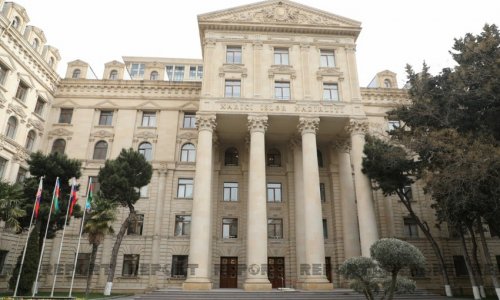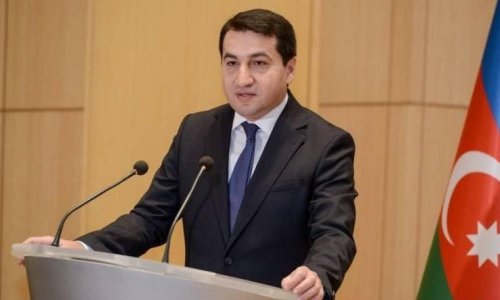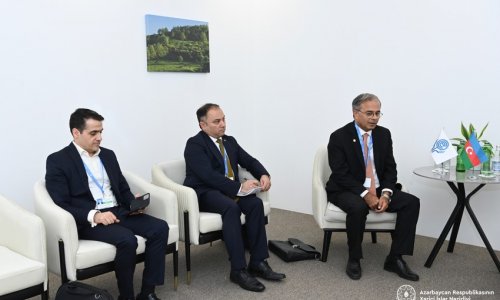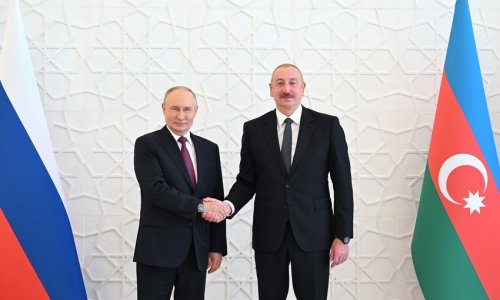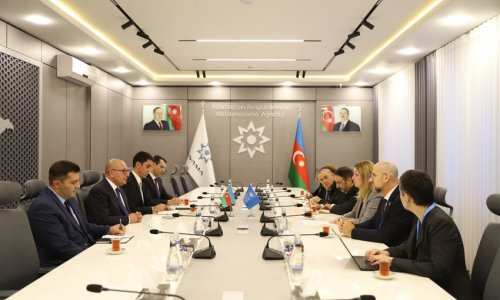The speed with which the Kremlin has become hostile towards its neighbour Ukraine has left many in Belarus fearful of Russian aggression, or even an incursion across their own border.
Throughout his 21-year rule president Alexander Lukashenko has traditionally held close political, economic and military ties with Russia. However he’s also maintained that although the two countries "are like brothers”, Belarus is a separate and autonomous state.
Clearly unsettled by the recent war between Russian-backed separatists and national army forces in eastern Ukraine, Lukashenko has now stepped up a campaign to strengthen his country’s ties to Europe, sending envoys to European capitals and welcoming embassies from the EU and US.
He has also been cautious to address the subject of Russian influence: in April, the president raised concerns about the rise of pro-Russian NGOs in Belarus. He suggested that extremist Russian groups were active in his country and claimed he had "taken measures against them”.
The pro-government Centre for Strategic and Geopolitical studies has also launched a blog aimed at tracking what they say are attempts by some parts of the Russian elite to destabilise Belarus.
Fault lines
Fears have also been heightened by a number of articles in the Russian media.
The online newspaper Sputnik i Pogrom recently ran an opinion piece claiming that three of Belarus’s six regions were in fact "received as a gift from Soviet Russia” – a notion that was popularised about Crimea too before its annexation. Leaked text message correspondence between a Russian high official has suggested that the website may have been under the Kremlin’s protection.
A columnist for Russia’s Vzglyad website has also stoked the fire by arguing that Lukashenko should hold a referendum on Belarus’s accession into the Russian Federation this autumn, otherwise "[the country] in its current form would be eliminated”.
Beyond the rhetoric, the Russian annexation of Crimea and its hand in the rebellions in eastern Ukraine has revealed significant cracks in the relationship between Belarus and its powerful neighbour.
In the face of the pro-Russian separatist violence in eastern Ukraine, Lukashenko has been vocal in saying the country must not split, and has pledged his support for western-backed Ukrainian president, Petro Poroshenko, offering him "the friendship of the Belarusian people”.
The president has also voiced veiled criticism of Putin: though careful not to mention the Russian president directly, Lukashenko said in a March press conference that he is no longer "Europe’s last dictator”, seen as a hint at his eastern counterpart.
He also warned that wherever military aggression comes from, the country would defend its autonomy: "one should be cautious with Russia”, he said.
Alexander Milinkevich, the chairman for the opposition party, Movement for Freedom, claims the country’s sovereignty has been immensely endangered: "Putin has purposely tried to exhume the Soviet Union,” he said.
"At the moment there’s absolutely no ground for the Russians to intrude, but Russia, the expert in fabrications, can easily make up some”, he added.
"A thought has matured in ruling circles that we have lost years without serious co-operation with the European Union,” says Milinkevich. "But as soon as Belarus voices her wish to make friends with Europe, then Russia will start behaving aggressively – as sure as a gun”.
He suggests it’s Lukashenko’s distancing from Moscow that could provide a possible pretext for Russian aggression.
The former founder of the Tell the Truth campaign Vladimir Neklyaev – who ran against Lukashenko in the 2010 elections – believes it’s not Putin who is a menace to Belarus’s independence, but the nationalist forces that have been awoken by his actions in Ukraine.
He says an increasingly powerful segment of Russian society don’t see Belarus or Ukraine as independent nations, and that their views are rapidly acquiring influence within the Russian political elite.
Belarus could become an easy target for its neighbour’s "imperial hysteria”, he said.
Yuri Tsarik, a pro-Russian and pro-government Belarusian political scientist believes a more credible guess about Russia’s future plan would be an economic offensive on Minsk – a tactic Moscow has used before.
In the early 2000s Russia suspended gas transportation to Belarus as a way of keeping Lukashenko’s government in line. In 2010 and 2011 the Kremlin cut its discounted oil supplies that fuel Belarus’s gasoline production, and threatened to do so again in 2013. Last year, it blocked much of Belarus’s $4.5bn foodstuff exports to Russia.
Belarusians now fear they’re trapped in a no-win situation: if Lukashenko cows to Moscow, Belarus could return to its place as a Russian frontier land, as it was during Soviet rule. But if Lukashenko tries to diversify his foreign policy and makes new friends in Europe, it’s possible the Kremlin could respond with aggression – both pose a threat to Belarus’s independence.
(Guardian)
www.ann.az
Follow us !

